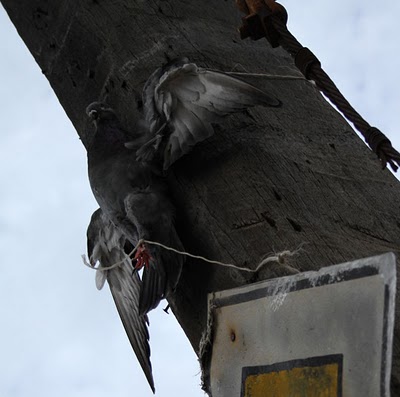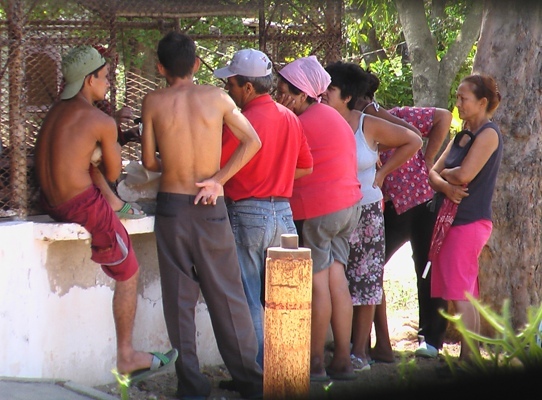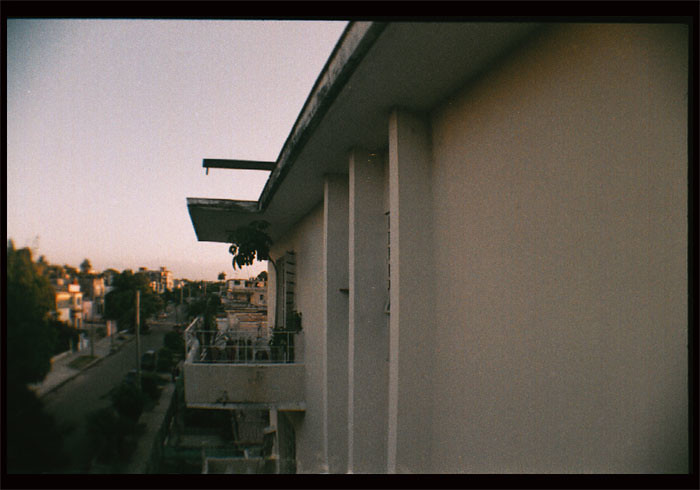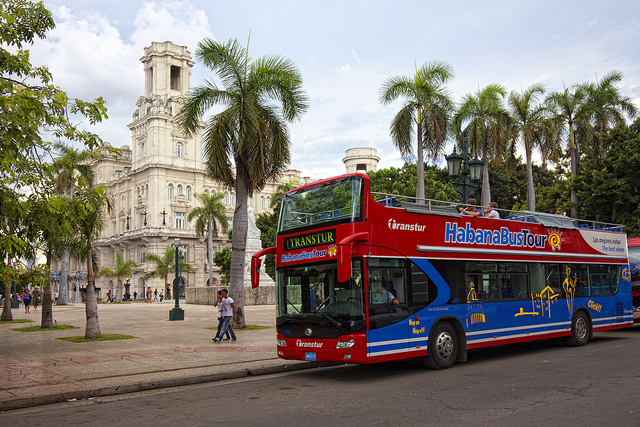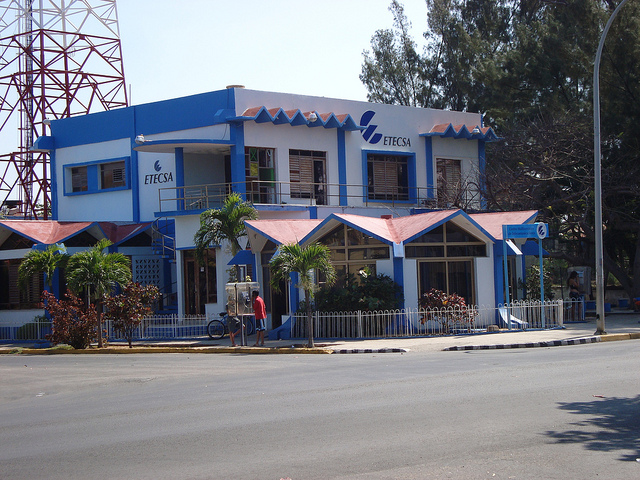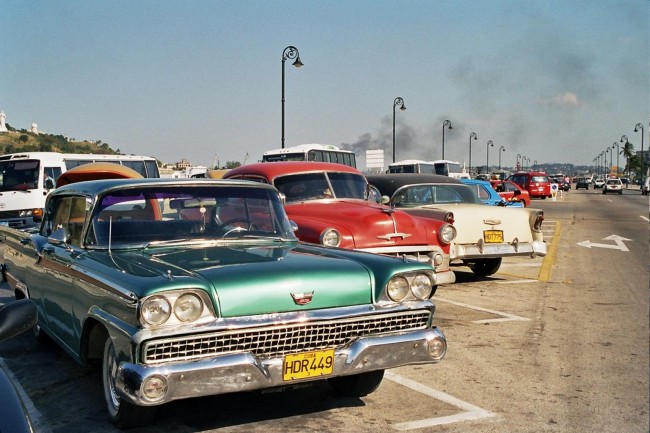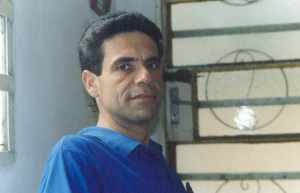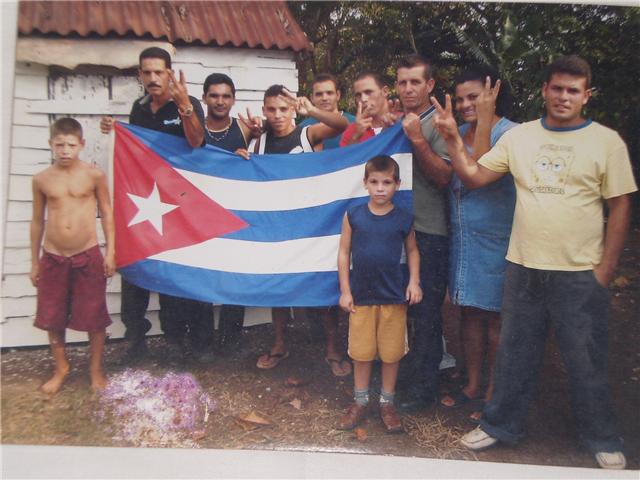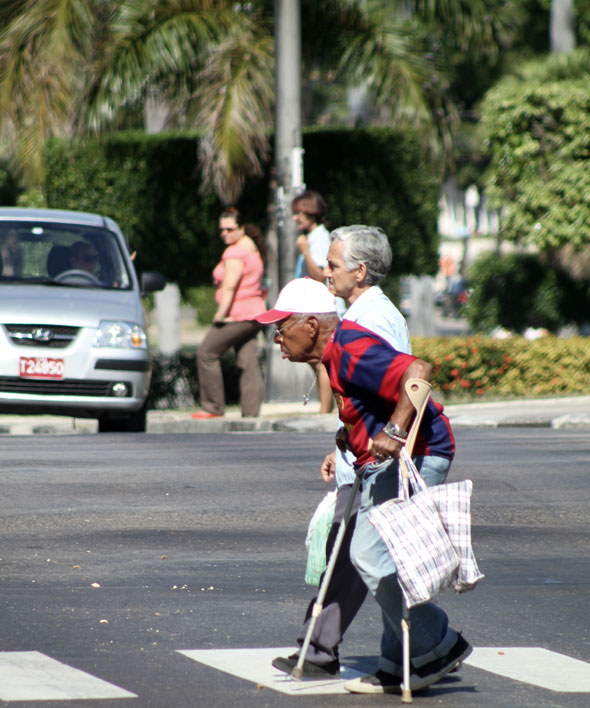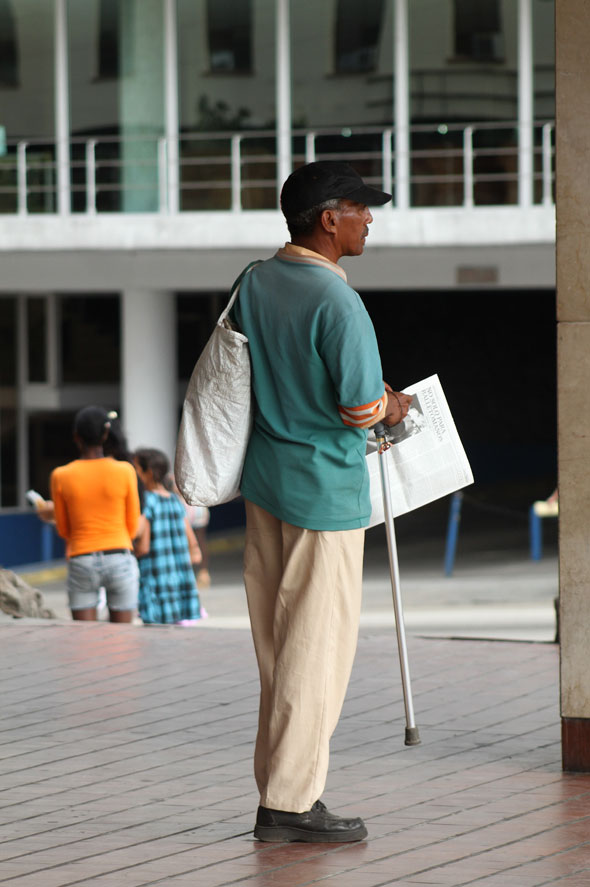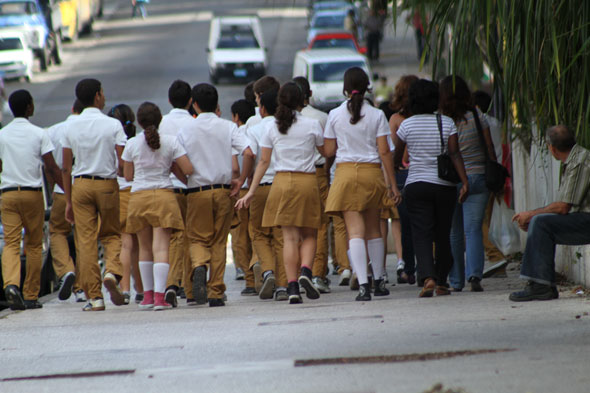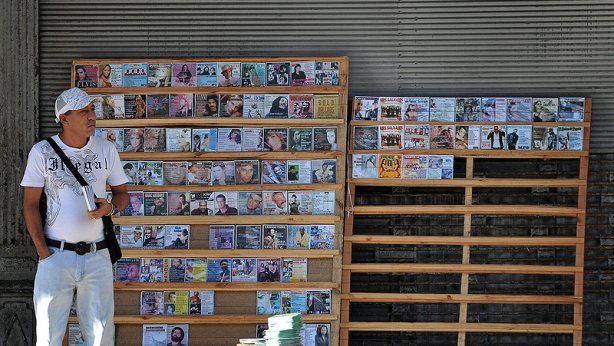
You already see hundreds of stalls selling CDs and videos. Good-natured, calm señoras who offer a wide range of religious articles and, in any Havana doorway, from one day to the next, a snack bar with fast food emerges.
When in October 2010 they authorized the expansion of self-employment, people took their time.
There were — and still are — doubts, because of the typical ups and downs of the orthodox policies of the government of the Castro brothers, who, when they feel the rope tightening around their necks, open their hands; but when they can breathe a little political and economic oxygen, they vigorously pursue those who engage in private business.
It’s not ancient history. In 1994, Fidel Castro reluctantly allowed people to work for themselves, following some advice discreetly whispered in his ear by the Spanish adviser Carlos Solchaga, sent in haste by Felipe González to stop the meteoric fall of an economy that had lost 35% of its gross domestic product. Then thousands of small private businesses appeared on the island.
It was the plank that saved Cuba from sinking back into the Stone Age. It’s enough to recall that in the ’90’s, blackouts lasted 12 hours a day. Due to malnutrition, exotic diseases such as optic neuropathy and beriberi emerged.
At that time, a dollar was exchanged for 120 pesos. A pack of cigarettes cost 100 pesos. A pound of rice, 80 pesos or more. An avocado could be as much as 120. And an awful bottle of rum, in order to get drunk and forget the hardships, was 150 pesos.
Those were hard years, with real hunger, when many people lost a lot of weight and even teeth. To stop the impending famine, along with military strategists, the State designed the zero option: huge pots, where trucks with armed guards would hand out rations for each block.
But blood did not flow to the river. Thanks, among other factors, to the stampede of 120,000 people who threw themselves into the sea in 1994, after having instigated, on August 5, a resounding popular protest for the authorization of the exodus, which permitted the pressure-cooker, on the point of exploding, to find some relief.
The other factor was the opening up of self-employment. Gradually, from 1994 to 2000, nearly 200,000 workers took out licenses, and businesses of all kinds sprouted. From opening a quality paladar (private restaurant) like La Guarida, where Queen Sofia of Spain dined, to rescuing smaller businesses like selling punch, repairing shoes or renting out clothing for quinceañeras and weddings.
Another determining factor was the emergence of more than 200 businesses with mixed capital. These pockets of capitalism led to the advent of new technologies and innovative methods of accounting and business administration.
Most significantly, what allowed that flowering was the legalization of the U.S. dollar in July 1993. Every year, remittances enter the government coffers of over a billion dollars, becoming the first industry of the country in terms of profits. Remittances, along with the development of tourism, allowed Fidel Castro to stay afloat.
Another plank of salvation was the emergence of an important character for Cuba: Hugo Chávez. The Bolivarian comandante became a godsend for Castro. By bartering oil for doctors or sports trainers, he sold black gold to the island at bargain prices.
This allowed the old guerrilla to return to fantasizing about the Latin American revolution and the fall of the “Yankee empire.” Evo Morales, Rafael Correa, Daniel Ortega and Lula da Silva, from a safe distance, joined the red orchestra. From that point on, Castro didn’t need entrepreneurial types who would make money on their own.
Living without state supervision creates a spirit of political and economic liberty that really bothers the spheres of power. Hundreds of controls, sanctions and excessive taxes were established to discourage self-employment.
And it worked. By 2008, the number of self-employed had declined to 50,000. Castro I made a miscalculation. Before handing over power to his brother in 2006, he failed to discern that despite the Venezuelan oil and entente with fellow revolutionary compañeros in Latin America, Cuba’s economic crisis still was not out of the woods, due to a system that barely functions.
On top of that, the experts’ numbers were not reliable. Apparently, the Cuban economy grew each year like an Asian tiger. And Castro thought he had won the battle. He sent a group of foreign investors back home and tried to recover the monolithic power he always liked to exercise.
But the numbers lied. Cuba was shipwrecked, and the global crisis which appeared in 2009 made it evident. Now General Raúl Castro must put out the fire while trying to establish new rules of the game. Trying to win over distrustful capitalists, with some backward investment laws, which don’t provide sufficient guarantees. Losing money is not welcome in times of trouble.
Unclenching the fist and allowing people to go into business was necessary to cushion the blow of more than 1,000,000 workers sent into unemployment. Many Cubans on the street were suspicious. At first they measured their steps. Given the urgent need to raise cash and try to live better, they jumped into the ring.
The owners of the private restaurants, those who rent rooms and private drivers, among others, gripe about exorbitant taxes. But they know that it will always be better to work for themselves than to work for the government at a ridiculous salary.
Relatives abroad, mostly in the United States, have come forward to help with the private businesses. Most of the owners of new private restaurants have received monetary support from their families in other countries, in order to open a business that requires a minimum investment of $5,000.
In this tenuous winter of 2011 in Cuba, those who invest in small private businesses continue to have doubts and fears about how the government will react when they start to make money.
They hope that Raúl Castro will be different from his brother.
If he isn’t, they are praying they can recover the money invested before the General decides to change policy. Like a mouse dodging the cat.
Translated by Regina Anavy
February 4 2011

